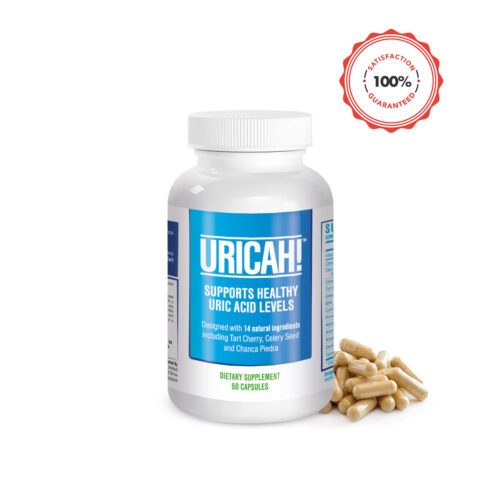Seafood is often celebrated for its nutritional benefits, from high-quality protein to heart-healthy omega-3 fatty acids. But for people living with gout, seafood also comes with some warnings. Certain types are high in purines, the natural compounds that break down into uric acid—a key trigger for gout flare-ups.
Knowing which seafood is safe, which to limit, and which to avoid can make a real difference in how you manage gout through everyday choices.
How Seafood Affects Gout
Gout develops when uric acid builds up in the bloodstream, leading to the formation of painful crystals in joints. Since uric acid is produced when purines are broken down, high-purine seafood can contribute to this process. But not all seafood is equally risky.
Seafood Categories by Uric Acid Risk
Here’s a practical breakdown of seafood by how they typically affect uric acid levels:
Low Risk
- White, non-oily fish such as basa, whiting, tilapia, and flake
Despite having some purine content, white fish are considered low risk for gout. They are often lower in fat, less dense in purines, and easier to portion appropriately. Their benefits as a lean protein source outweigh the purine risk for most people.
Moderate Risk
- Oily fish like salmon, ocean trout, and small amounts of mackerel
- Shellfish such as prawns, crab, lobster, and scallops
These types of seafood are higher in purines, but they also contain anti-inflammatory omega-3s, which may support joint health. Including them occasionally, in small portions, can be reasonable for many people with well-managed uric acid levels.
High Risk
- Anchovies
- Sardines
- Herring
- Mackerel
- Fish roe and caviar
These seafood items are among the highest in purines and are known triggers for gout attacks. They should be avoided or consumed only very occasionally.
Tips for Enjoying Seafood Safely
- Stick with white fish a few times per week
- Limit oily fish and shellfish to once or twice weekly
- Avoid preserved, dried, salted, or smoked seafood
- Prepare seafood simply—grilled, steamed, or poached is ideal
- Drink plenty of water to support uric acid excretion
Balancing seafood with high-fibre vegetables and low-fat dairy can further help moderate uric acid production and support joint health.
Natural Support with Uricah
For those navigating food choices and seeking natural uric acid support, Uricah offers a practical daily supplement. Formulated with 14 carefully selected ingredients that promote joint comfort and healthy uric acid metabolism, Uricah complements the lifestyle changes—like choosing the right seafood—that help you stay on track.
ACCELERATE DIET CHANGES
Our 14 potent, natural ingredients support the body in lowering uric acid levels, alleviating the excruciating pain and discomfort caused by gout.
URICAH™ features powerful ingredients used over thousands of years to fight gout such as Tart Cherry, Celery Seed and Chanca Piedra.
Get back on your feet and live pain free with URICAH™.
LEARN MORE

